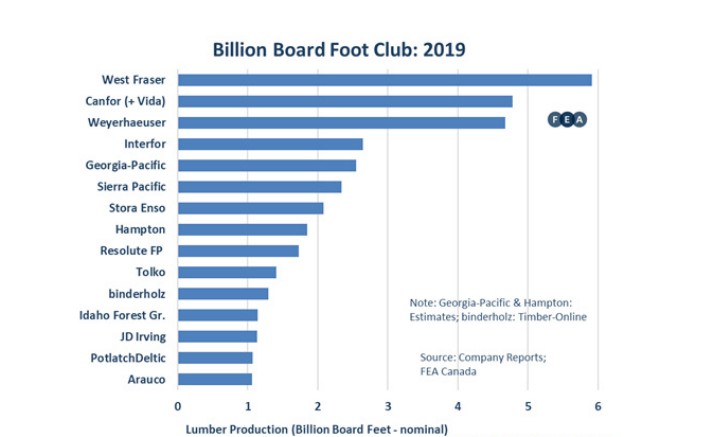Jennifer Hawkins
Ineos announced on October 6 its intention to close two production units at its Rheinberg, Germany, site, including the allylics plant that makes epichlorohydrin. The news sent ripples through Europe’s chemicals sector, as the affected operations represent about 60 ktpa of epichlorohydrin capacity. While significant, the impact may not be immediately felt. Rheinberg has been running below full capacity, often serving as a fallback for the merchant market when additional material was needed; for instance, when an import shipment was delayed. That cushion is now disappearing, but Europe’s epichlorohydrin consumption has fallen sharply from pre-pandemic levels as downstream plants have closed, scaled back, or been replaced by cheaper imported sources.







